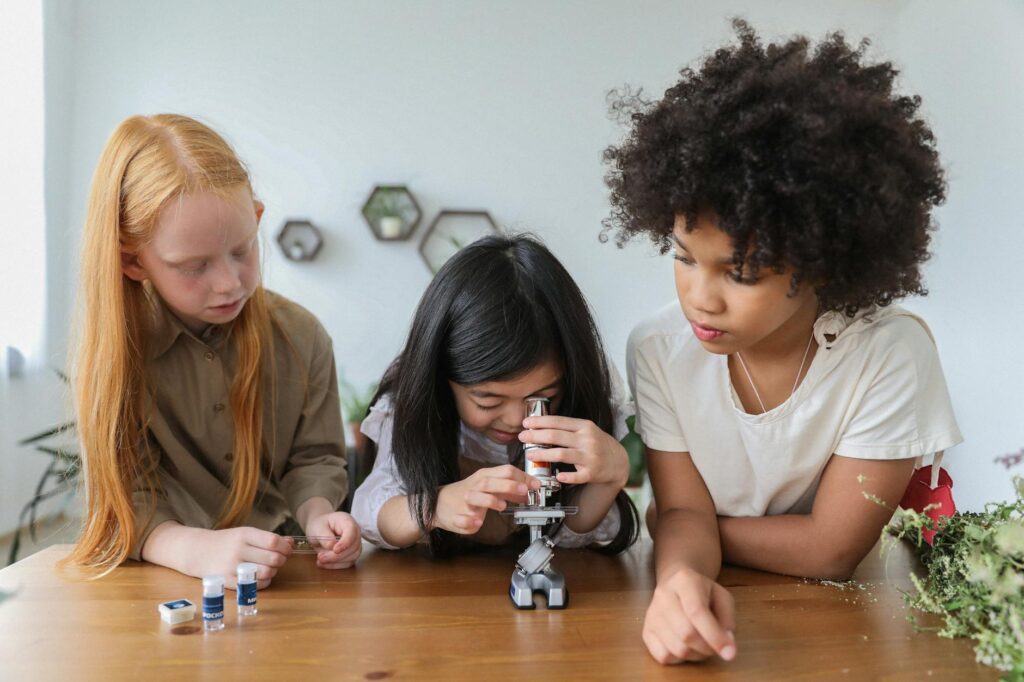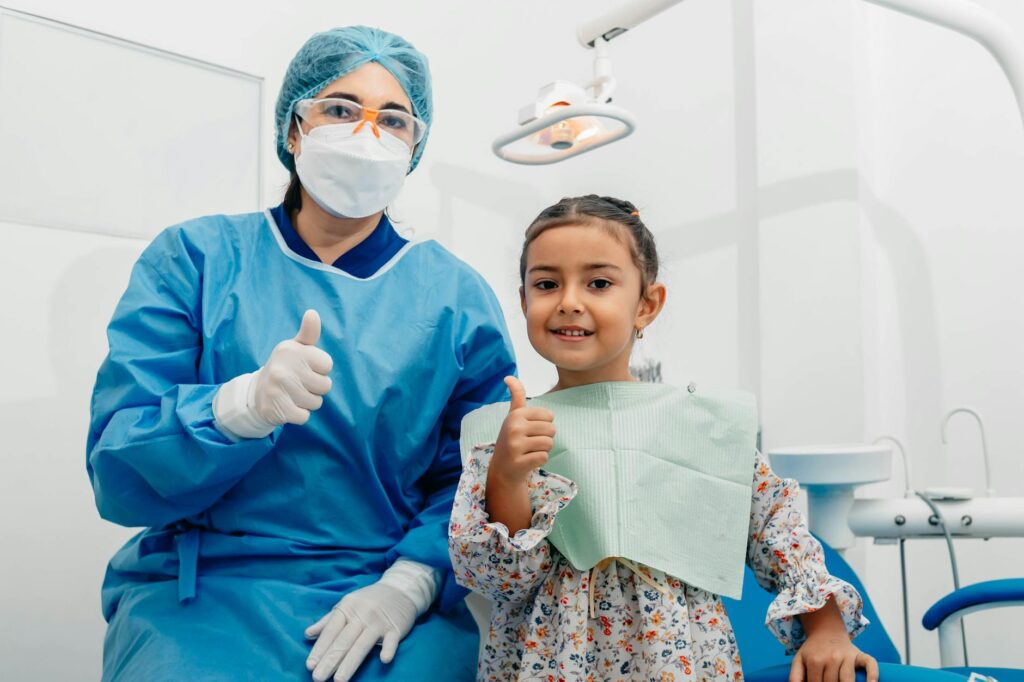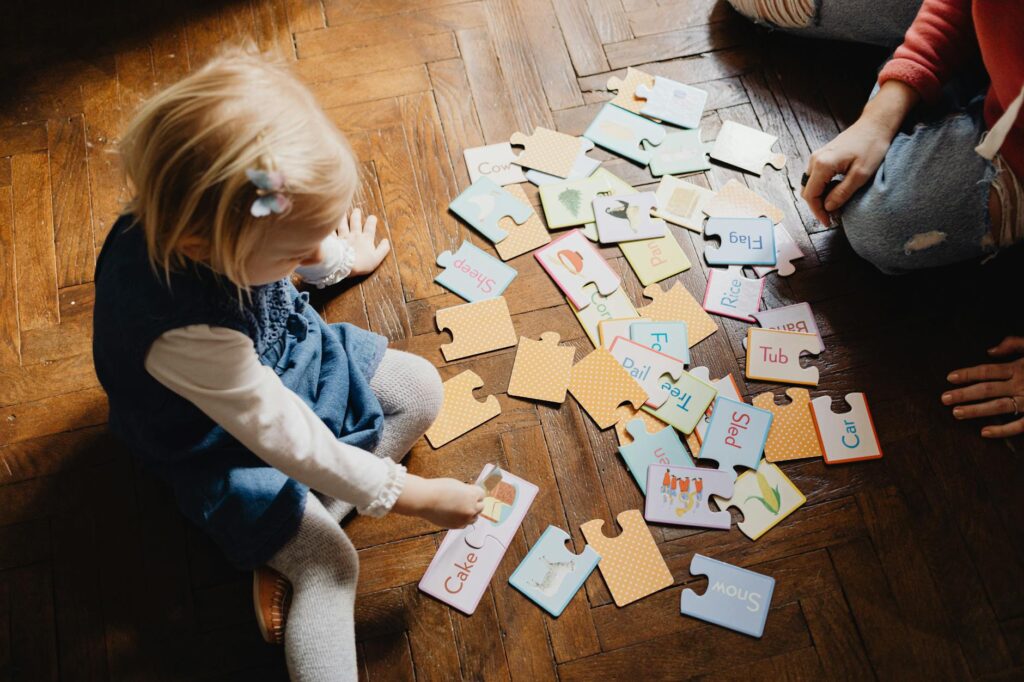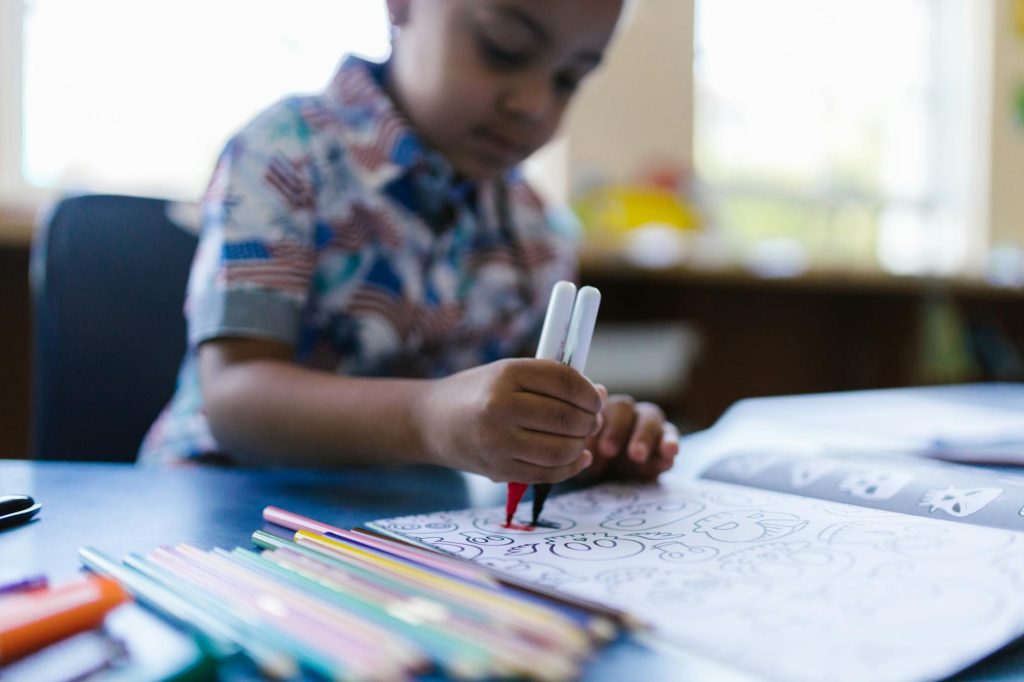What is Applied Medical Literacy?

Medical literacy is the ability to use medical language—such as terminology, concepts, and classifications—and to analyze, evaluate, and apply medical information. It goes beyond simply recognizing terms on a chart or repeating what a doctor says. True medical literacy involves interpreting health information in context, asking meaningful questions, comparing sources, and making informed decisions. Applied […]
Clinical Reasoning in Grade Three with A-to-Z Medical History and Histology Lessons

In medicine, diagnosis is like solving a mystery—every clue matters. Doctors rely on clinical reasoning to piece together information from a patient’s medical history, physical symptoms, and even microscopic anatomy (histology) to understand what’s going on in the body. Now imagine giving children the chance to understand that same kind of reasoning skill in Grade […]
If Dog Man Can Teach Kids About Surgery, So Can You

Children are natural question-askers—especially when something is surprising, unfamiliar, or just plain weird. And if you’ve watched the Dog Man movie with a child lately, you may have heard a flurry of questions before the opening scene even finishes: These are big, curious, and important questions. At its core, the origin story of Dog Man—where […]
Building Differential Diagnoses in Kindergarten with A-to-Z Medical Literacy

In medical school, students learn early on that symptoms—especially ones as common as rashes—can have a wide range of causes. One essential skill for clinicians is building differential diagnoses: lists of possible explanations for a patient’s symptoms. Doctors are trained to think broadly, using memory aids like the VITAMIN CDE and VASCULITIS mnemonics to ensure […]
Why We Need More Children’s Storybooks About Chemical Allergies

Chemical allergies—such as contact allergies and more specific sensitivities like methylisothiazolinone allergy—are increasingly common, yet they remain underrepresented in children’s literature. These allergies, often triggered by ingredients in everyday items like soaps, shampoos, and cleaning products, can have a profound effect on a child’s daily life. And yet, for many families, finding accessible, child-friendly resources […]
Why Medical Literacy Matters, This Moment in History

Medical education has largely only been accessible to students selected by accredited medical schools. However, most medical students have historically come from physician families. For example, in the United States “75% of medical students have come from families in the top two quintiles for income” (American Association of Medical Colleges, n.d.) and many of these […]
Why a Guaranteed and Viable Curriculum Matters for Medical Literacy

A guaranteed and viable curriculum helps ensure that all students, regardless of their individual instructors or institutions, receive a foundational level of consistent, essential knowledge.
20 Benefits of Including Medical Literacy in Your STEM Program

Including medical literacy in your STEM program prepares students not only with technical knowledge but also with the skills, mindset, and adaptability necessary to excel in the diverse and rapidly evolving STEM fields. In an ever-changing landscape, STEM careers increasingly intersect and interconnect with healthcare. Educators have an important role to play in shaping future […]
Who Should Be the Hero in a Medical Literacy Book?

When creating medical literacy books, one of the most crucial decisions an author or educator must make is who should be the hero of the story. This decision shapes the narrative, influences how readers connect with the material, and ultimately determines the effectiveness of the educational content. In a medical literacy book, the hero serves […]
Design Pain-Free Medical Literacy Activity Books

Designing medical literacy activity books requires careful attention to detail, empathy, and a deep understanding of both educational and medical principles. These activity books serve a dual purpose: educating children and young adults about medical concepts while engaging them in fun, interactive learning. Here are the top considerations for creating effective and impactful medical literacy […]

